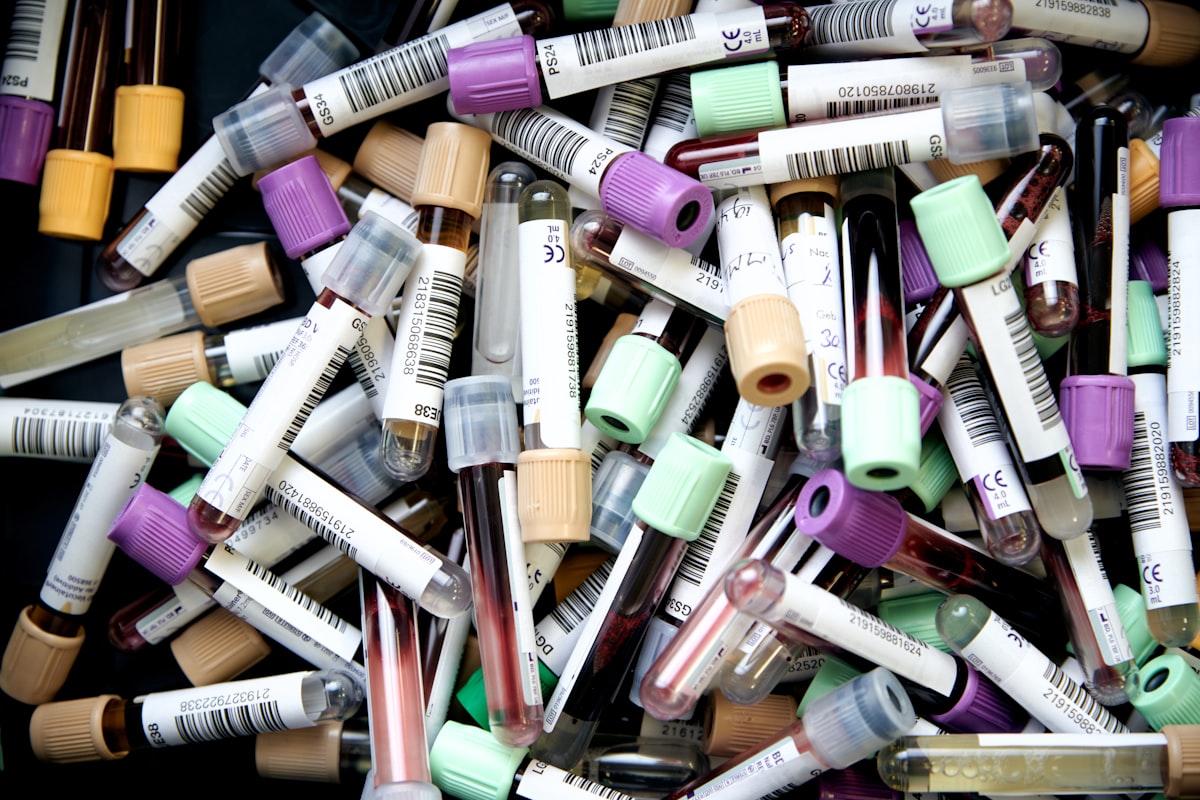
Glucose fasting blood tests are a common medical procedure that is used to measure a person’s blood sugar level after they have fasted for a certain period of time. This test is often used to diagnose diabetes and monitor the effectiveness of diabetes treatment. It can also help identify other health issues such as hypoglycemia, hyperglycemia, and insulin resistance. In this article, we will discuss the importance of glucose fasting blood tests and what you need to know about them.
What is a Glucose Fasting Blood Test?
A glucose fasting blood test is a simple blood test that measures the amount of glucose in your blood after you have fasted for at least 8 hours. This test is usually done in the morning before you eat or drink anything other than water. The results of this test can help your healthcare provider determine if you have diabetes or other blood sugar-related issues.
Why is it Important?
Glucose fasting blood tests are important for several reasons. First and foremost, they can help diagnose diabetes. Diabetes is a chronic condition that affects how your body uses glucose (sugar) for energy. If left untreated, diabetes can lead to serious health problems such as heart disease, stroke, and kidney failure. By monitoring your blood sugar levels with fasting blood tests, your healthcare provider can detect diabetes early and start treatment to help manage the condition.
In addition to diagnosing diabetes, glucose fasting blood tests can also help monitor the effectiveness of diabetes treatment. If you have been diagnosed with diabetes, your healthcare provider may recommend regular fasting blood tests to check your blood sugar levels and make sure that your treatment plan is working. By keeping your blood sugar levels under control, you can reduce your risk of complications and improve your overall health.
Glucose fasting blood tests can also help identify other health issues such as hypoglycemia, hyperglycemia, and insulin resistance. Hypoglycemia is a condition in which your blood sugar level drops too low, while hyperglycemia is a condition in which your blood sugar level is too high. Both of these conditions can be dangerous if left untreated. Insulin resistance, on the other hand, is a condition in which your body does not respond properly to insulin, the hormone that helps regulate blood sugar levels. By monitoring your blood sugar levels with fasting blood tests, your healthcare provider can identify these issues early and recommend appropriate treatment.
What to Expect During the Test
During a glucose fasting blood test, a healthcare provider will draw a sample of your blood using a needle. The blood sample will then be sent to a laboratory for analysis. The results of the test will typically be available within a few days. Your healthcare provider will review the results with you and discuss any further testing or treatment that may be needed.
To prepare for a glucose fasting blood test, you will need to fast for at least 8 hours before the test. This means that you should not eat or drink anything other than water during this time. It is also important to follow any other instructions given to you by your healthcare provider, such as avoiding certain medications or activities before the test.
If you have diabetes, it is important to talk to your healthcare provider about how to manage your blood sugar levels before the test. You may need to adjust your medication or meal plan to ensure that your blood sugar levels are stable during the fasting period. It is also important to monitor your blood sugar levels closely after the test to make sure that they remain within a healthy range.
Conclusion
In conclusion, glucose fasting blood tests are an important tool for diagnosing and monitoring diabetes and other blood sugar-related issues. By monitoring your blood sugar levels with fasting blood tests, your healthcare provider can detect diabetes early, monitor the effectiveness of treatment, and identify other health issues that may be affecting your blood sugar levels. If you have diabetes or are at risk for diabetes, it is important to talk to your healthcare provider about getting regular glucose fasting blood tests. By taking control of your blood sugar levels, you can reduce your risk of complications and improve your overall health.












